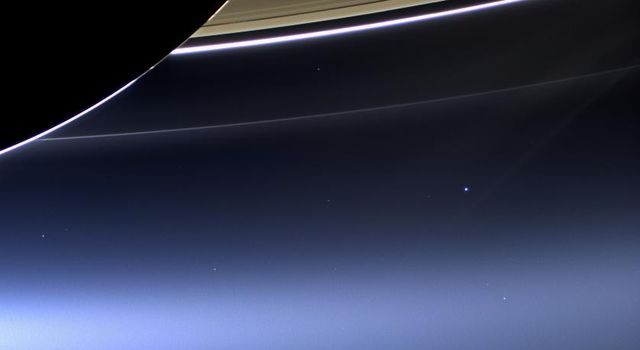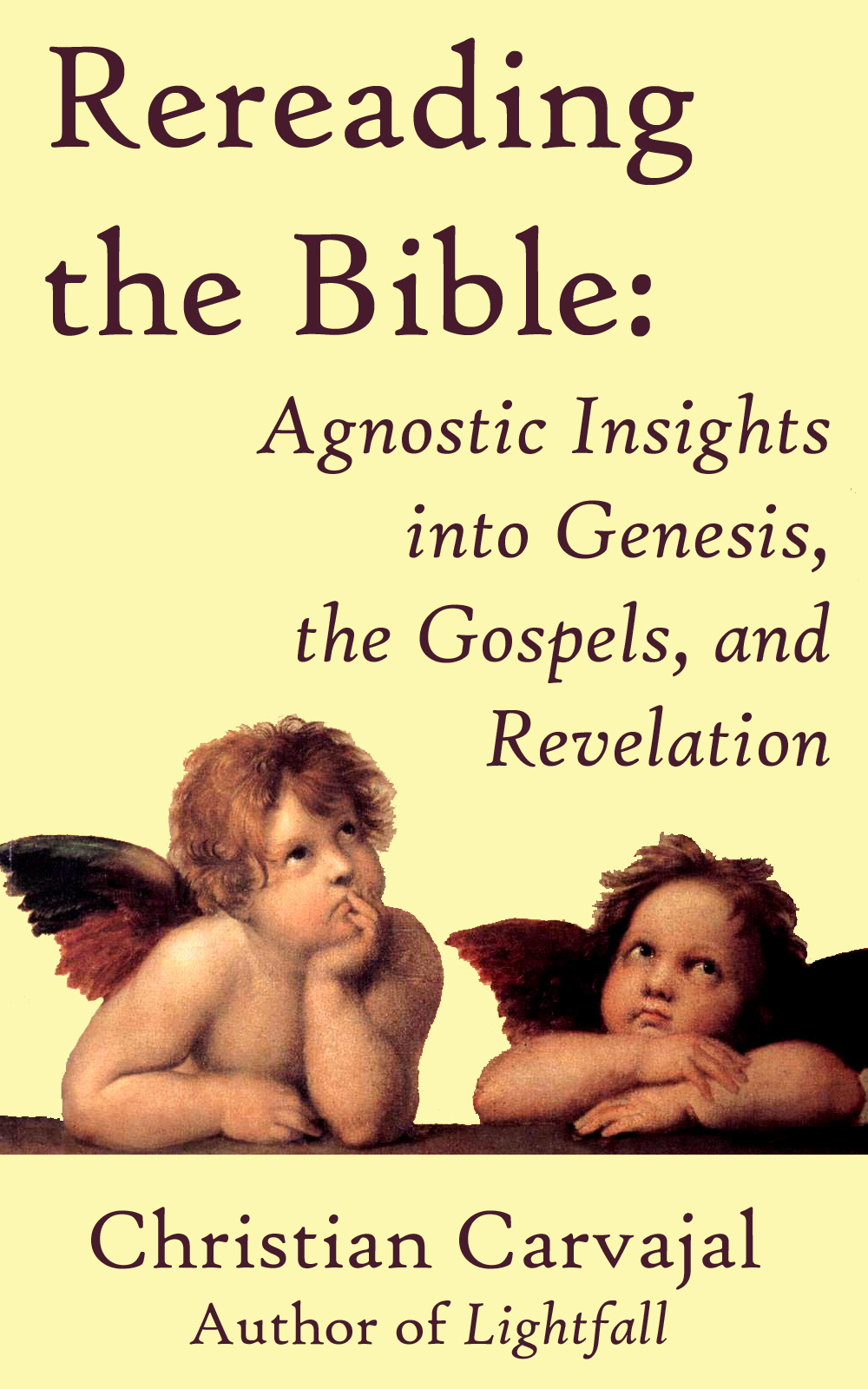Silent Sky‘s Closing Night
(Written September 16)
I have a lot to say tonight, on two different subjects. It was our closing performance of Silent Sky, and yes, I do tend to gush at moments like these. Je ne regrette rien, Gentle Reader.
Part 1: On Producing Silent Sky
Producing a show this big was a first for me. In eight years of college, I don't remember ever once hearing a lecture or reading a book about how to be an executive producer. I made it up as I went, tried to follow the film model when possible and remained determined to admit when I screwed things up. I learned a producer needs to trust her or his creative team to do the creative work the way they know best; your job as the producer is to smooth the path before them and make sure the flow of money and lines of communication remain unimpeded. I learned one may argue with doubters but never with the calendar. I learned the sincerest compliment is often a paycheck. And I learned, sometimes the hard way, a path toward success for Silent Sky.
I mention that because several people came up to me tonight and expressed sincere interest in porting our production to other spaces. As tempting as that may be, I gave them as soft a no as I could manage. It's not that I don't believe anyone else should produce Silent Sky — Oh, my, no, you most definitely should. It's so important for so many reasons that this singular script become part of our regional- and community-theater canon. But not our production. No, your Silent Sky needs to be local, and it needs to be offered from your heart, and it needs something very particular to this story.
I trusted my gut on this one, and I'm so glad I did. I knew this script needed a female director. Maybe not every year, maybe, but this year for sure. Then I went further, and in so doing, I learned something crucial about Silent Sky. Since you might produce it elsewhere, I will give you that lesson for free.
Silent Sky needs women. Great women. Brilliant women. Artistas, if you will.
What you want is to find a female director with enormous skill and a big heart. It doesn't matter if she's a science geek, but it'll be helpful if she's a sister. She needs to be able, as Deane Shellman did so gracefully for us, to convey complex ideas via magical images and sounds. Then, rally female designers to what is now that director's project. I don't mean one or two female designers. I don't mean a few. I mean your entire design staff should be women. Because to this day, even in our relatively liberal field, it's still all too common to see an all-male design staff but rare to see an all-female one. The latter should be and feel no more unusual than the former. As Gunderson points out in her script, "We need a model." We need everyone who does theater to see, and on a regular basis, that talent has no gender.
The rest will take care of itself. With much stress and little sleep, perhaps, but I promise you one day during tech week you'll look up and find yourself beyond the earth's gravity. It'll happen. Enjoy the view.
Part 2: The Meaning for Me
Directing and yes, producing, it turns out, are a lot of work, especially if you do those jobs correctly and with all your heart. And why would you do a job like that any other way? The object of the game is to find that charge of electricity you felt upon first hearing or reading that story and take a good look at it. Ease it out into the light. Name exactly what hooked you, then make that hook the focus of gravity for your own production. I can't and won't speak to what hooked Deane on this story. I can only tell you what captured me. Because just as Laughing Stock was my love letter to the theater that rescued me from loneliness, just as The Credeaux Canvas was my farewell to youth, my instigation of Silent Sky should tell you something about who I am on a very deep level.
Like the heroes of that story, I find a joy in learning I'm wrong about something. It's embarrassing, sure, but yesterday I didn't know what the truth was and now I know one thing it isn't! How amazing is that? Yesterday I imposed my wishful thinking on the world; today it told me its own truth — and entrusted me with the revelation! "You were perfectly wrong," Henrietta Leavitt announces, and her colleague cries, "I was!" — not with anger, nor resentment, but happily! That's part of what I find most persuasive about the scientific method over other ways of analyzing and interpreting the world. A good scientist understands it's better to know a less-than-optimal truth than to bank on vestigial fantasies. She knows graduating from the latter to the former is a moment worth celebrating rather than grieving.
Oh, and then there's that closing monologue. I fall in love with it every time I hear it. "A telescope named Hubble," says Leavitt, "with wings set for space, shows us how vast and beautiful it all is … Because wonder will always get us there — those of us who insist that there is much more beyond ourselves. And I do." And I choke back tears every night because Gentle Reader, that is my heart being spoken from that stage, by an actor who is not me, directed by an artist who felt that truth, too. And it means I'm not the only person who takes heart from that lesson. Lauren Gunderson does. Henrietta Swan Leavitt did. And I know from all the smiling, tear-streaked faces in the theater that our idealism has touched something in a hundred hearts each night at OLT. The audience members believe in that future; they just needed to be reminded of it. Hope is not lost, my friends. We may trip over our foolishness sometimes, we humans, but we do still have a calling. We are made of star stuff, Sagan reminds us, and there is something within us that looks up into the night sky and longs to go home there again.
Yesterday a machine made by earnest minds and begrudgingly rendered tax dollars met oblivion in the atmosphere of Saturn. Along the way, though, it sent us this photo.

Look at that pixel. It's the earth-moon system. It's you and me. It's everyone, in fact; all our stuff, all our art, all our music, all our wars, all our feelings, all our corpses, all our dreams. It's a stunning reminder of our fragility, our lifelong dependence on each other, and the ocean of silence and cold in which we swim. We are not merely a species. We owe each other and the universe — call it God if you like — more than that. We aren't just family. We are one. We are one tiny dot of desperate yearning but we are infinitely precious. Intelligence is the greatest thing the cosmos has yielded to date, and something tells me ours is not the gold standard for intelligence so it behooves us to get out there and mingle with our siblings. They have much to teach us, perhaps art and stories to share with us, and heaven knows we have much left to learn.
Last night I looked through a telescope at the Andromeda Galaxy. I gazed across two and a half million light-years of intergalactic space at the waltz of a trillion stars. I imagined them accompanied by all their associated worlds. Most were barren, of course, others spattered with life so primitive it could barely be said to deserve the title. Yet I find it impossible to believe I wasn't also looking at civilizations — starfaring species, perhaps, living and dying on the whims of supernovae and calling to each other dimly across the night. We will never meet those species. Their families and ours will have passed long before our galaxies collide four billion years from now; our sun will, in fact, be in the process of puffing itself up for a turgid, crimson swan song. All of that knowledge, all our music and art and beauty and emotions, will have come and gone long before that collision. So will theirs. Life is precious. Intelligence is a gift. Like all beautiful gifts, it comes with a responsibility to cherish and protect it.
The trick, I think, is not to waste energy seeing God as other earthlings do. We have a valueless tendency to lasso God down to our level, make him fallible and petty and vindictive like ourselves. It's a shame we ever feel that drive to domesticate the ineffable. No, I think the path forward is to see the earth as God does: a pixel in the whirlwind, a sputtering spark in a vast, frozen darkness, an embryo of life in the worthy throes of struggling to be born.
 Print This Post
Print This Post




